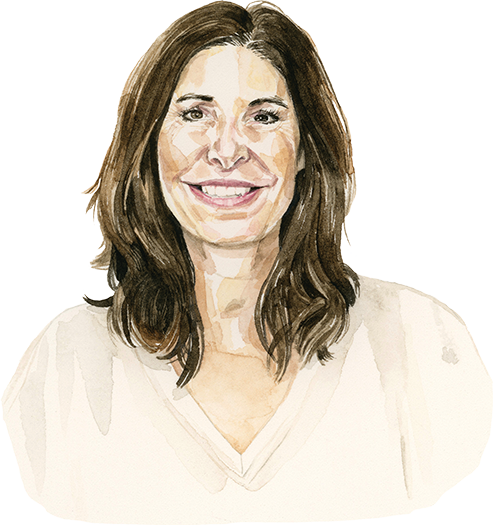
Q&A: Infertility
Dr. Ellen Greenblatt is the Medical Director of Mount Sinai Fertility. She has been caring for couples struggling with infertility for almost 30 years.
Q: I’ve been on birth control for many years. Can that cause infertility?
EG: No. There are a lot of urban myths out there about things that supposedly make people infertile: birth control, microwaves, cell phones in your pocket. None of these things cause infertility.
Q: Do we know what does cause infertility?
EG: There’s no easy answer. Infertility is both very common — one in six to eight couples in Ontario experience difficulty conceiving — and very heterogeneous. In other words, the causes are different for every individual or couple.
There are some known risk factors, such as excessive alcohol consumption, heavy smoking or frequent exposure to second-hand smoke. Some health conditions can also increase a couples’ risk of infertility. For example, obesity, metabolic or inflammatory disorders like inflammatory bowel disease, polycystic ovarian syndrome (PCOS), which causes irregular ovulation, or a history of sexually transmitted disease, which can damage the fallopian tubes in women or, in men, the sperm conduit. As women age, fertility declines and delaying pregnancy beyond age 35 can therefore make conception less likely.
In about 15 percent of cases, we can’t find a reason why a couple is struggling to conceive. That’s known as unexplained infertility.
Q: Are women more likely to be infertile than men?
EG: There’s a misconception that infertility is a woman’s problem, but actually both men and women are equally likely to experience infertility. The causes are likely to be different for men and women, obviously. For men, it’s generally factors such as low sperm count, low motility of sperm, signs of infection in the male reproductive tract and, to some degree, paternal age and the effect that has on sperm quality.
For women, the number one factor in infertility is maternal age. Women on average are having babies a decade later than in the past. The problem with that is that both egg quantity and quality diminish rapidly beginning in a woman’s early 30s, and the process happens faster after 35 and faster still after 40. Although the average age of menopause is 51, a successful pregnancy — natural or assisted — is unlikely after age 43.
Q: How likely is it that we’ll conceive on our first try?
EG: Couples have about a 20 to 25 per cent chance of conceiving in any given month. Again, as a woman ages, that likelihood decreases.
Q: How long should we try on our own before seeking fertility services?
EG: If you’re a woman under 35, you should seek a workup if you can’t conceive after a year of trying. If you’re over 35, or if you have risk factors such as PCOS, endometriosis, history of pelvic infection, chronic illness or obesity, you should seek help after 6 months of trying. Earlier is better if you suspect a problem, because age really is a critical factor.
It’s also a good idea to seek support from friends, loved ones or infertility support groups if you’re struggling to conceive. Being diagnosed with infertility can be devastating. It can be very isolating.
Q: Is in vitro fertilization (IVF) our only option?
Not at all. If you’re dealing with a low sperm count or blocked fallopian tubes, for example, you might go directly to IVF, but IVF is not where every couple starts. For example, in cases where there are no structural causes of infertility, we may stimulate ovulation and advise patients to keep trying on their own a while longer before exploring further interventions.
The right approach will highly depend on what you bring to the table as a couple.
Illustration by: Melinda Josie
